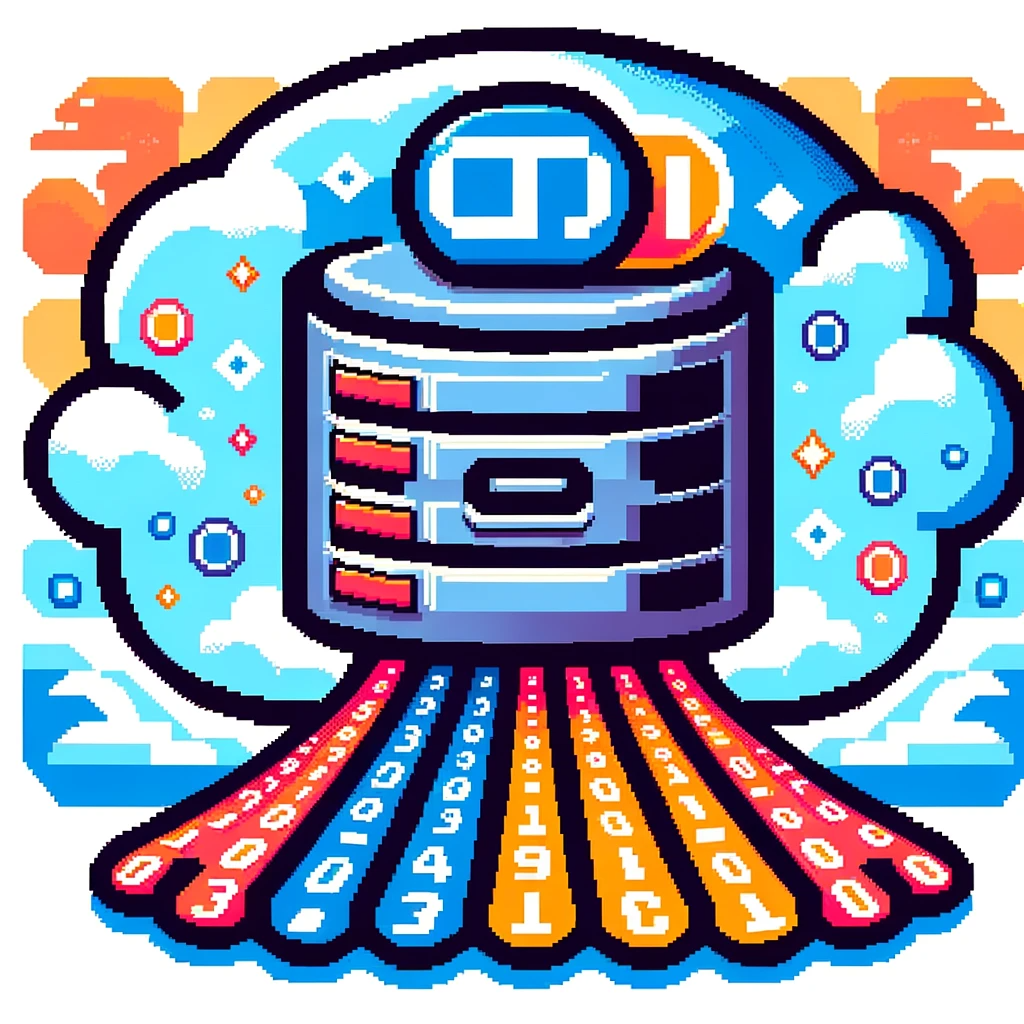
The Power of Open Data Sharing
In today’s digital age, sharing scientific data has never been more important. The Public Library of Science (PLOS) recently conducted two key experiments to boost data sharing among scientists. Their findings, detailed in the article “Results of PLOS experiments to increase sharing and discovery of research data”, reveal intriguing insights about the future of scientific research and open science.
Experiment 1: The Accessible Data Icon
First, let’s dive into the Accessible Data Icon experiment. PLOS hypothesized that an eye-catching icon linked to datasets in research articles would encourage more engagement and data sharing. The icon was introduced in March 2022 for articles with data in certain repositories. The results? A significant increase in dataset views and engagement. Over 20,000 clicks on the icon were recorded, and dataset views rose by 20%. Also, about half of the researchers surveyed were influenced by this feature to use a data repository.
Why Does This Matter?
For the everyday person, this may sound technical, but the implications are huge. When scientists share data openly, it speeds up the pace of discoveries. Imagine quicker medical breakthroughs or more rapid environmental solutions – all because data is more accessible.
Experiment 2: Integrated Data Submission
The second experiment involved integrating a data repository (Dryad) directly into the submission process for the journal PLOS Pathogens. The goal was to make data sharing easier for authors. Unfortunately, this approach didn’t yield the expected results. Only 2% of authors used this integrated feature, and overall repository use increased slightly.
Learning from Failures
This outcome is a vital lesson. Not every idea will work as planned but understanding why is crucial. The main hurdles were the lack of awareness and uncertainty about using the new system. This tells us that simply providing tools isn’t enough; education and awareness are also needed.
What’s Next?
Based on these experiments, PLOS plans to expand the Accessible Data Icon to more repositories. This decision could transform how scientists share and interact with data, leading to more collaborative and transparent research.
The Bottom Line
For anyone interested in the progress of science and technology, these experiments are a beacon of hope. They show that with the right tools and approaches, we can foster an environment where data is freely shared, leading to innovations that benefit us all.
Embark on a Scientific Adventure
Join ‘This Week in Science’ and explore the universe of knowledge! Our weekly newsletter is crafted for educators and enthusiasts alike, bringing you the latest and most exciting discoveries in science. Every issue is packed with cutting-edge research, breakthroughs, and captivating stories from the world of science. Subscribe now for free and transform your teaching and learning experiences. Embark on your path to becoming more knowledgeable and connected with the ever-evolving world of science.



